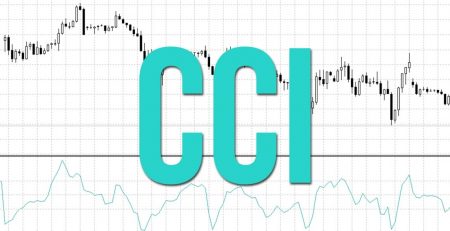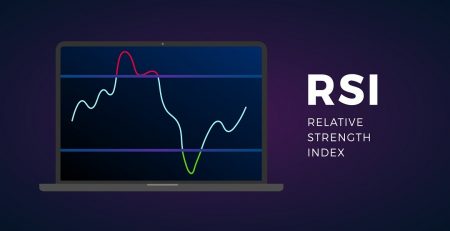MACD indicator training
The MACD stands for Moving Average Convergence Divergence. This phrase means convergence and divergence of the moving average. This indicator was invented by Mr. Gerald Appel. This indicator is used in technical analysis to obtain power, direction and acceleration in a process. This indicator is often calculated using the final price. Unlike other indicators, the MACD indicator does not have a difficult formula to calculate
Types of MACD indicators:
There are two types of MACD indicators, the new MACD and the old MACD, which are slightly different in appearance. Here we teach you both of these indicators. In the figure below, you can see the two types and the shape of the old MACD indicator (classic MACD) and the new one. As you can see, although the performance of both is almost the same, but they are different in appearance, we will explain the use of both in this article.

MACD indicator sections
The classic MACD indicator (top indicator in the figure above) consists of a histogram (black vertical lines) and two lines, which are shown here in blue and red. The red line is known as the Signal line and the blue line is known as the MACD line.
The new MACD indicator also consists of a histogram or the same bar chart and the red line which is the same as the signal line.
Application of MACD indicator:
As mentioned, the MACD indicator is used in different ways. Including the calculation of the MACD divergence, as you can see in the figure below, when the divergence occurred in the MACD indicator and the trend line, then the stock fell, and vice versa.

Also, when the two lines of signal and MACD intersect, it is a kind of buy and sell signal, which of course can not be used alone and must be used properly along with other technical analysis tools, in the figure below this type of signal Are shown simultaneously in both indicators.

Depending on the case, the MACD indicator is used in other cases, such as counting Elliott waves or combining with other indicators for buying and selling, which should be trained there depending on the location.
How to calculate on old and new MacD and explain the MACD components
MACD line = 12-day average price difference between its 26-day price
MACD = [stockPrices, 12] EMA – [stockPrices, 26] EMA
Signal line: 9-day average of MACD indicator
signal = [MACD, 9] EMA
MACD Histogram on Classic MacD: The difference is between the signal line and the MacD line, so whenever the two meet, the histogram is zero
In the new MacD, the signal line has become the same as the histogram or bar chart. If you look closely at the lower indicator, which is the classic MacD, the histogram fluctuates exactly like the MACD line. And the red line is the same as the signal line
Important Note: To use the MACD indicator correctly, you do not need to know the formula and how to calculate it, just use its applications.
MACD indicator training









Leave a Reply